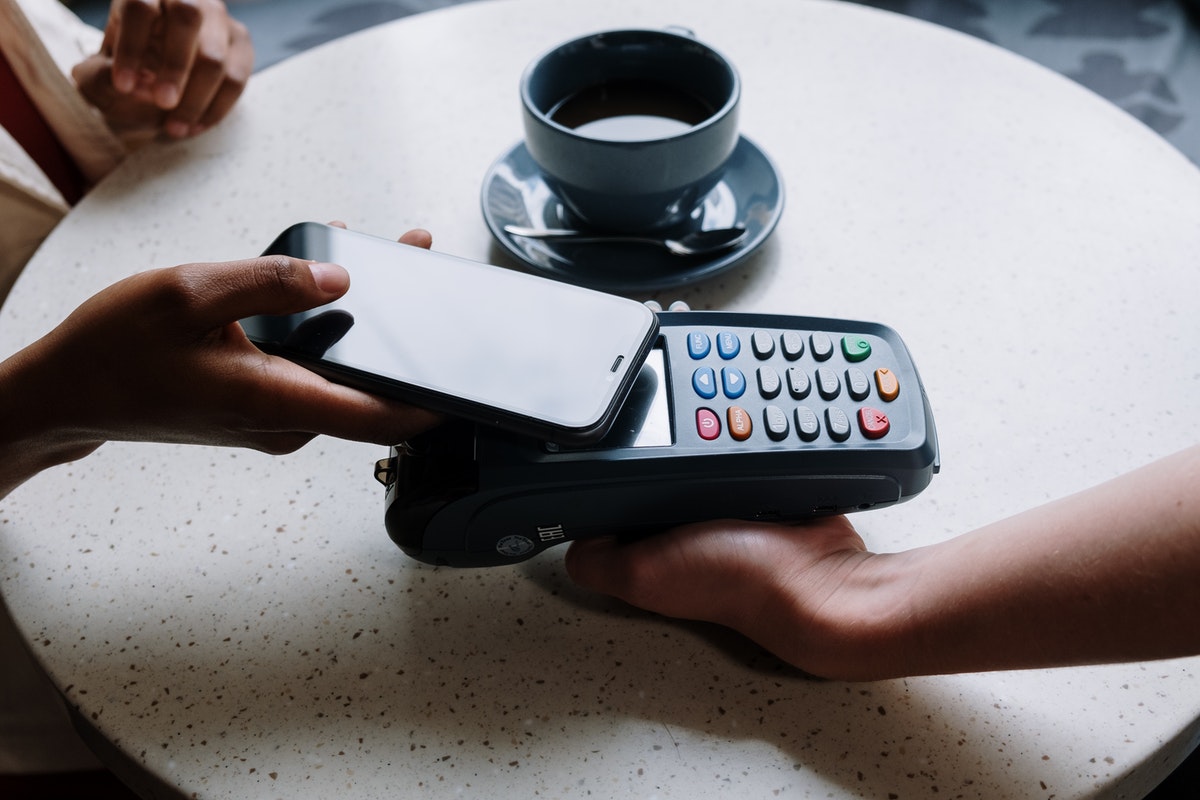The world is rapidly changing. This necessitates constant adjustment and rigorous adaptation of new trends and practices, particularly in business and marketing. Running a small business nowadays presents considerable challenges, like attracting your clients, covering operational costs, and successfully competing with other firms in the sector. In the meantime, you also need to care for your staff, as they are the welcoming faces of the company. Whatever strategies you choose to employ in order to tackle these challenges, keep in mind that the buyer must leave your store completely satisfied, which surely includes the method of payment, like a hassle-free POS system. But what are the key factors to help you decide how to pick the right one?

Your Type Of Business
The first and most important factor that will help you choose the right POS, is the kind of business you own. If you run a small store frequented by just a few clients a day (who also prefer to pay in cash most of the time), then the logical choice is to go for the simplest and most value-for-money option. If, however, you run a well-known store, which draws a large number of customers, then you have to consider choosing a more comprehensive POS system that integrates the latest in technology and the most popular electronic forms of payment.
The Importance Of Software
This is another factor that depends on your type of business. Retail stores certainly need an appropriate POS system that, first and foremost, complies with PCI standards, and which can also be linked both to a receipt printer and a bar code scanner. If it integrates inventory management, even better, as this will prove to be time-saving and will be a step towards automation, as well. Extra software features, such as eCommerce tools and email marketing, are also available for eCommerce stores or online marketplaces. These typically appear on social media, whereas mobile professionals, such as contractors, will benefit from an offline mode or Invoice software. Sales reports are also very useful, as they help you – along with analytics software – to pinpoint your areas of opportunity and improve upon them.
The Right Hardware
Hardware is equally important, depending of course on the job-specific needs. Bars and restaurants, for example, will benefit immensely from certain functions like the ability to change items on the menu, provide kitchen tickets in print, and ultimately communicate with the kitchen altogether. Another useful feature is the option provided to clients to split tickets or keep open tickets for those who wish to settle their tab in the end. That’s why custom-made hardware kits are essential to restaurants and bars. Any other retail store might as well opt for the most inclusive hardware, particularly one that accepts EMV chip cards, and NFC payments, and is definitely PCI compliant.

Contractors or outside vendors, on the other hand, will require mobile POS systems that are small, feasible, and portable in order to facilitate constantly being on the go now while including features such as contactless, chip, and magstripe readers, as well as an offline mode for when they are outside the range of cell towers. Such POS systems can be exceptionally multi-functional, incorporating highly effective software that can cater to any professional requirement, such as running on multiple operating platforms (from PCs to iPads and smartphones), being user-friendly, and incorporating functions like bookkeeping, data management of your customers and/or an app that can track your employees’ time.
Running Costs
Technological innovations and futuristic advancements are always intriguing topics of discussion when you need to make a decision such as this. At some point though, you’ll have to figure out the costs as well. All this tech does not come cheap, after all. So, equally significant factors you’ll have to consider are the initial setup cost, the payment processing costs, equipment costs or rental fees, and POS software fees. Of course, whether it will be worth paying for all these functions, will depend on the scope of your store or company.
You’ve probably been somewhat overwhelmed by the numerous functions and technologies discussed in this post, but rest assured that they’re all crucial in assisting you in making your final decision on which POS system to choose for your business. Whatever your choice, in the end, do keep in mind that certain parameters must be followed, like PCI compliance and EMV chip card acceptability. Then, if your budget allows it, you should probably choose one that’s specifically tailored to your type of business, while including the most features that will keep your customers happy. After all, isn’t this the goal in the end?